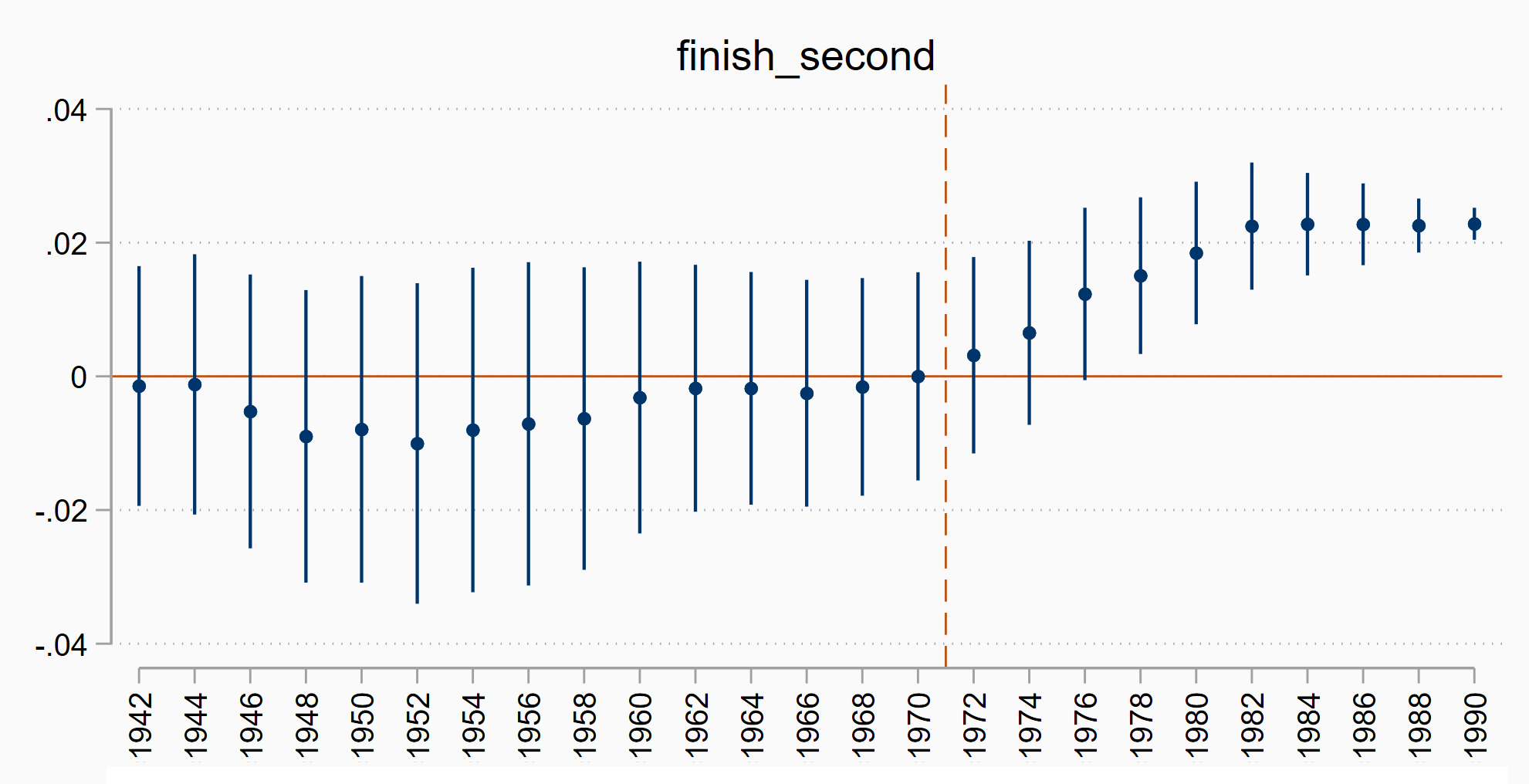Research
Is Deservingness Merit-based or Need-based?
Evidence from Medical Crowdfunding
Working Paper | Download Slides
This paper studies how donors respond to merit and need when giving to families facing unaffordable medical expenses. By combining survey experiments with observational studies from a leading crowdfunding platform, I find that donors are more willing to donate to those attending more selective colleges. The college rank effect is more pronounced for top and in-province institutions and among donors with better knowledge of the rankings. Novel methods based on large language models are developed to extract information from fundraising stories efficiently.
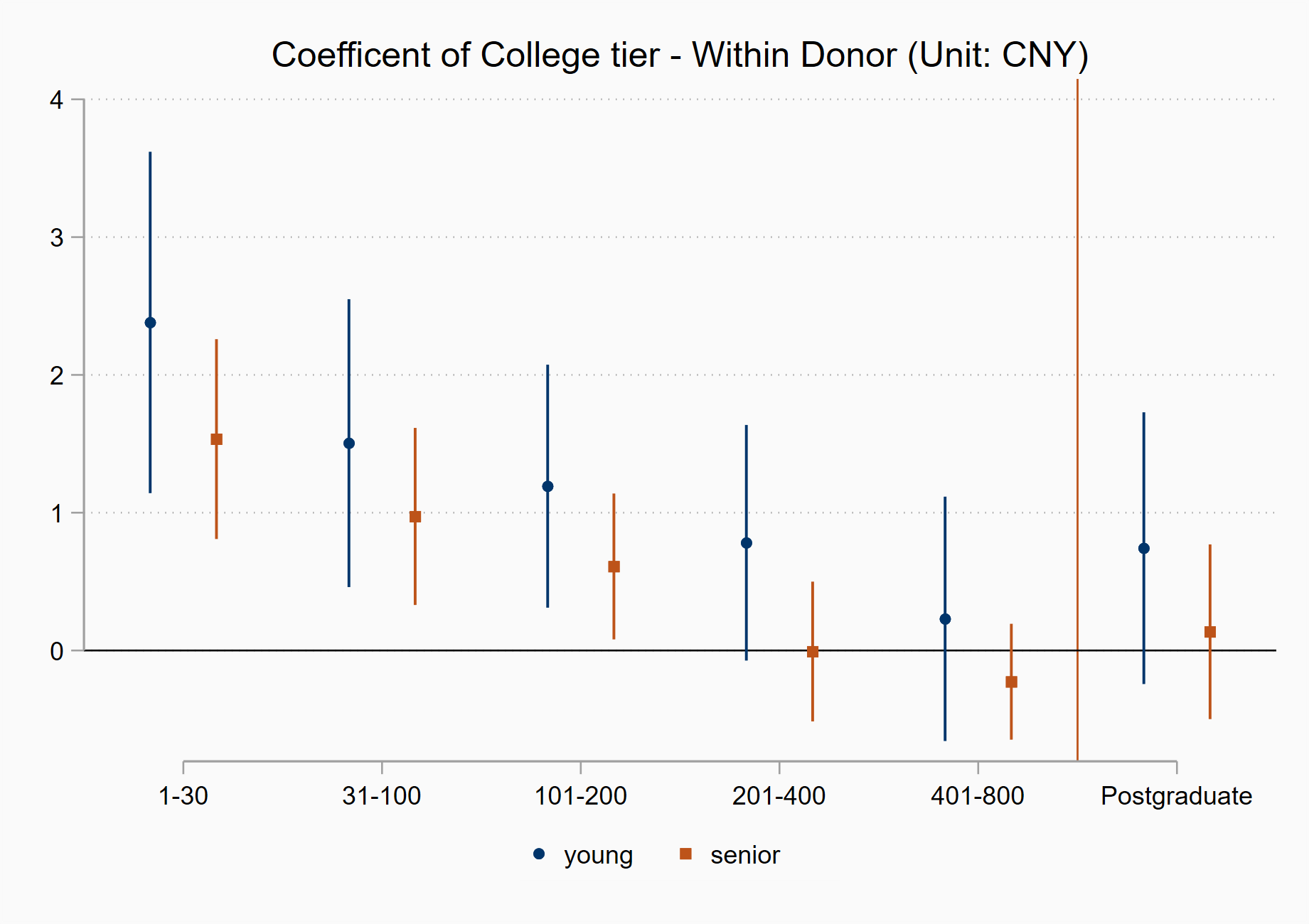
Born to lead: The Name Order Effect in Political Selection in China
Working Paper | Download Slides
This paper studies behavioral and institutional biases in top-down political selection. I document that Chinese officials with fewer surname strokes are overrepresented at high ranks due to their names appearing earlier than their peers.
Using biographical data, I show that local leaders with names listed earlier receive a 2-4 increase in annual promotion probability, which is mitigated by superiors’ knowledge of the candidates.
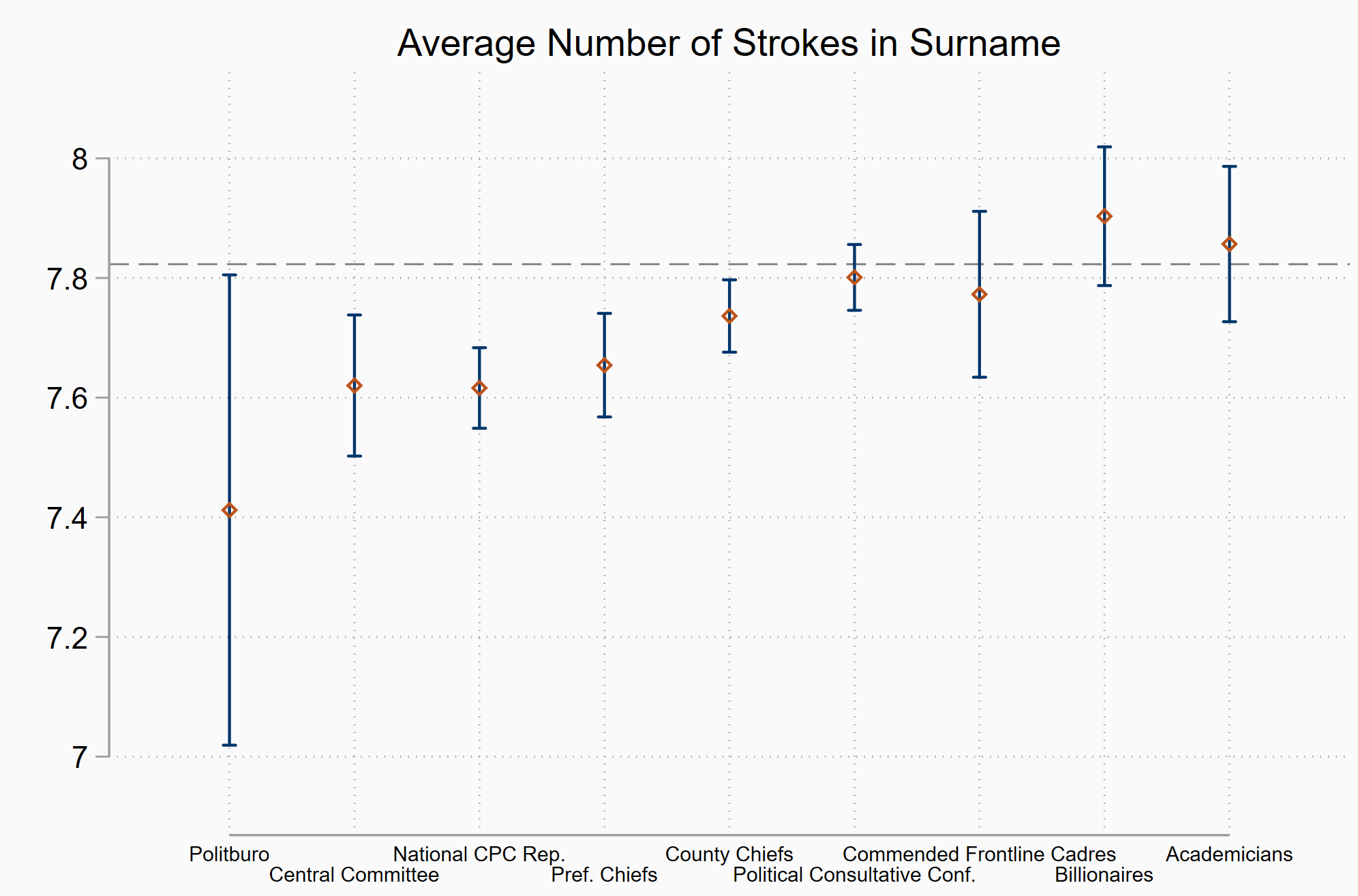
Social Learning in Policy Making
Joint with Yiming Cao
Using large language models to categorize policy documents and exploiting a unique social networking setup among policymakers at China’s Party School, we investigate the diffusion of policy ideas. The study finds that policy diffusion is more likely between cities with leaders who were classmates in these training programs. The results indicate that social networks significantly influence policy transmission. The impact of these social connections is equivalent to approximately 10% of the effect of directly moving a policymaker from one jurisdiction to another. These findings primarily apply to non-economic policies, suggesting that when tackling complex social problems, policymakers rely on knowledge exchange with more experienced peers in their network.
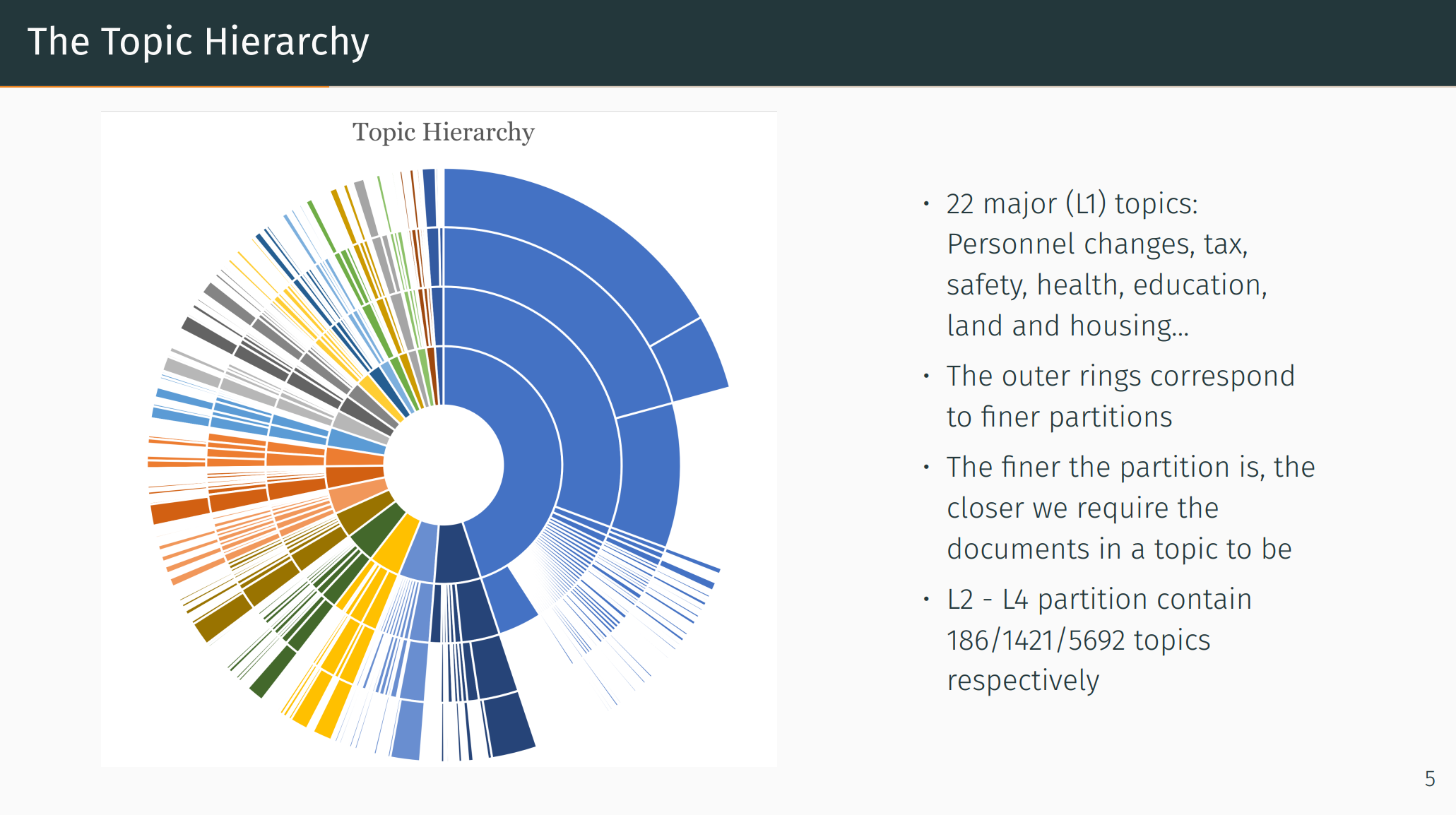
Advance Only: Reporting Bias and Perception Manipulation in Official Statistical Communication
Download Slides | Beamer Template
Using RDD and the bunching method, I find that city governments in China are less likely to report a year-on-year deterioration of an indicator in the statistical yearbooks and bulletins.
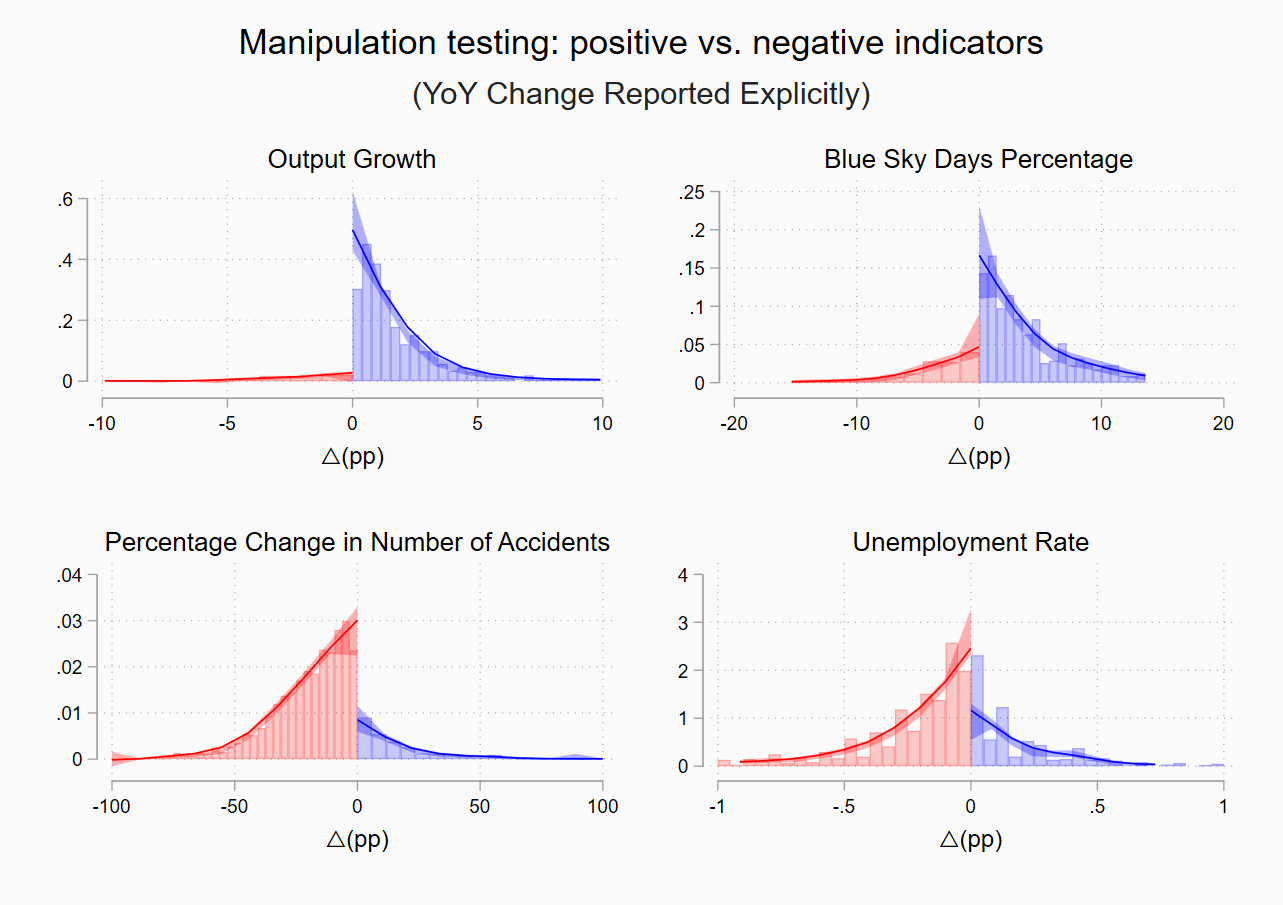
The Intergenerational Effect of Malaria Eradication
Joint with Siddharth George, Saravana Ravindran, and Nikhitha Mary Mathew
Using a cohort DID design and exploiting regional variation in malaria endemicity, we investigate whether parents’ exposure to malaria eradication programs affects the health and labor market outcomes of their children. We find zero effect in India and other countries. We document an educational benefit for children who were themselves exposed to malaria eradication in China.
